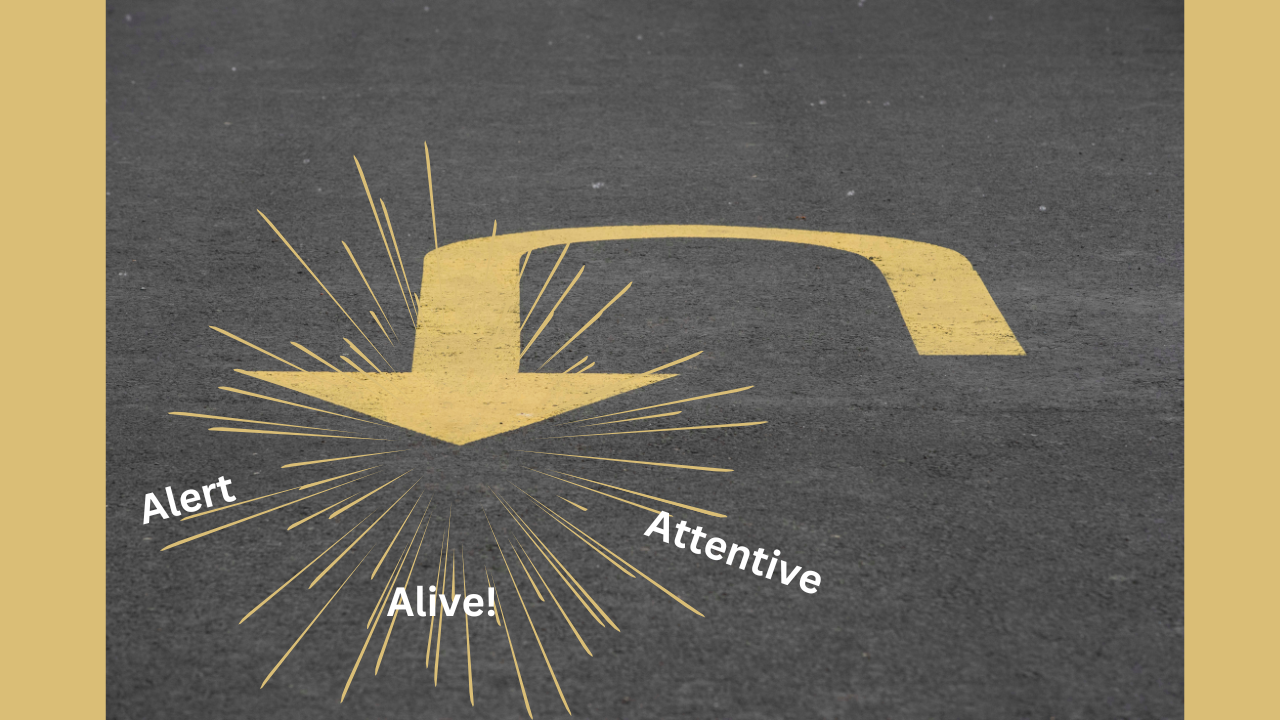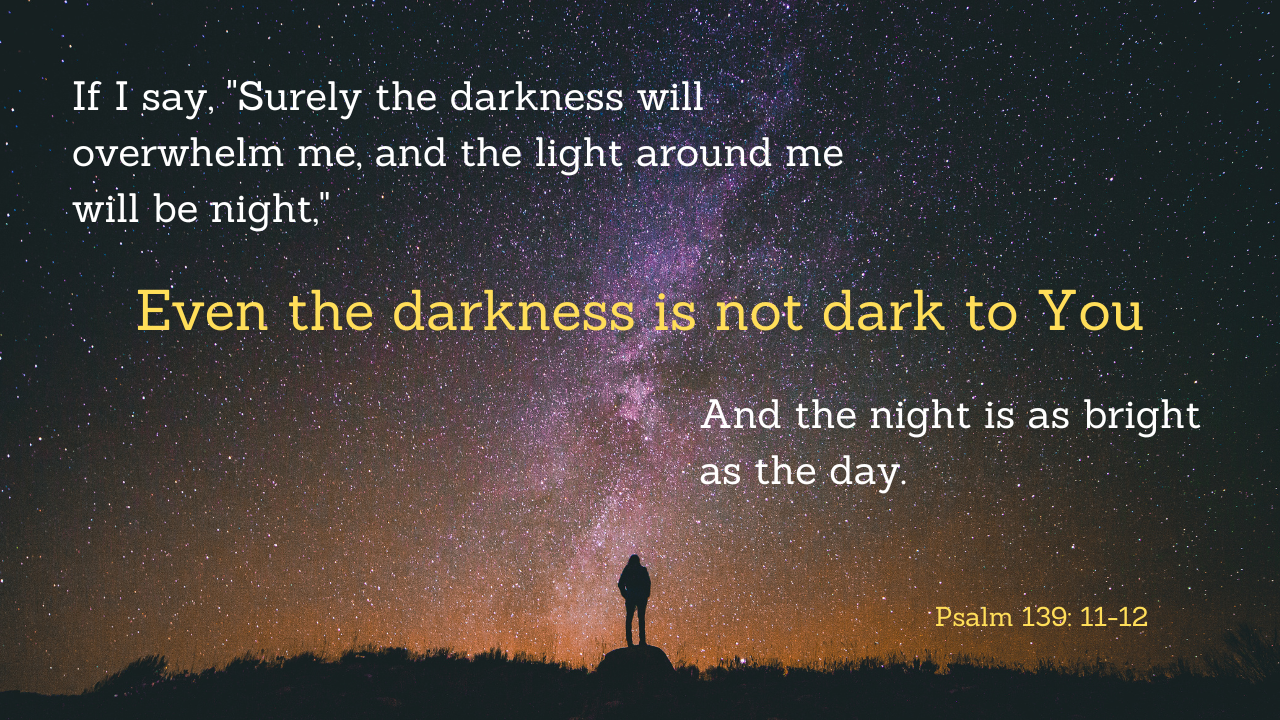How to Deal With The Log and the Speck

Some people can really get under our skin. Possibly they are very different from us. They may look at life from very different perspectives or they may communicate in ways that seem very foreign to us. This can lead to misunderstanding and misjudgment going both ways. It is difficult to receive someone as they really are if we don’t actually understand who they are.
Other relational irritants sprout from people who are very much like us. They may be dealing with similar challenges, weaknesses or blind spots as plague our lives. We may be unaware of these problems in our own lives, yet somehow keenly aware of them in the lives of others. We can develop unconscious hyper-sensitivities to our own sin/weakness packages that are reflected in others. Our “stuff,” in others, can drive us crazy.
Jesus spoke about this natural propensity to judge others (Matthew 7:1-5). His point is that our judgments can be harmful to others and to ourselves because they are inaccurate and misguided. Usually...
How To Live With One Another

What if God designed us to live in meaningful relationship with others? What if He wants us to impact and be impacted by each other so that we might be changed and transformed in the process? If this were actually God’s design and plan, how might it affect how we act toward others and how we receive from them?
God has placed the lonely in households (Psalm 68:6), with families, friends, workmates and possibly most importantly in the household of faith. He has made us to have effect on each other. It is as if our souls have been created with permeable membranes that allow overlap and exchange when we come close to each other. We experience the most exchange with those who come closest. Maybe that’s why we can be so irritated by our spouse, family or good friend. It can also explain how we pick up mannerisms, expressions and worldviews from each other.
The New Testament is peppered with verses that describe how we can best relate to “one another.” They express how the Kingdom of God i...
What Is Taking Root In You?

What is presently growing in the garden of your soul? Are there weeds that need to be removed – that are choking you deep within? Are there sprouts of life and truth that need to be nurtured inside you?
The Word of God is an incredible and indispensable resource for Kingdom growth. It is a foundational source of spiritual life. God miraculously led the Israelites through the desert for forty years to challenge and teach them that “Man does not live on bread alone, but on every word that comes from the mouth of the LORD.” (Deuteronomy 8:3)
Jesus made it clear in the parable of the sower that the word of God is like seed that grows within our souls. (Luke 8:11) It convicts, corrects and transforms us as we intentionally prioritize understanding it and applying it in our lives over time. It sinks deeply into our conscious and subconscious perception of life.
This is not just an intellectual exercise, it is spiritual. It involves turning from things and activities that are snaring our s...
Is There Life Flowing From You?

I used to have a poster on the wall of my office that was captioned, “Dead Sea Fishing Club.” If you are familiar with the Dead Sea, you know this is a crazy statement. The Dead Sea has no fish in it. If is the saltiest lake in the world, saturated with minerals and full of all kinds of chloride and bromide. My poster, however, was a kind of faith statement based upon a vision that the prophet Ezekiel had. (Ezekiel 47:1-12)
In Ezekiel’s visionary encounter with an angel, he saw and experienced a river that flows from the temple in Jerusalem for 21 miles and into the Dead Sea, bringing life and healing with wherever it goes. The river even brings life to the Dead Sea. All kinds of fish appear and are sustained, in the Dead Sea, by the river coming from the temple.
This river of life is symbolic of the life and power of the Holy Spirit moving in and through believers in Jesus Christ. Ezekiel 47:9 reads, “… where the river flows everything will live.” Jesus spoke of this life when He sa...
Are You Aware?

Why do people become friends or get married? Usually they want to be with each other and enjoy one another’s company. When I was courting my wife, I wanted to be with her all the time – nothing else compared. This is a shadow of God’s created order.
God created you, and He likes you, and He wants to be with you. That is why He formed and fashioned you. (You may want to take some time and let this sink into your soul – it is bedrock understanding for deep, experiential identity.)
If God created you in order to enjoy you, it follows that you will enjoy life and be most satisfied when you are aware of and are enjoying His presence, too. Unfortunately, our attention is prone to wander! We may go long periods of time without even thinking of God, let alone experiencing His presence. We can easily become distracted by others, worries, concerns, or our own obsessions.
What do we do when we realize that we have, for all practical purposes, been living apart from God? Some feel guilty, and h...
Living Well In Turbulent Times

It seems there is new and ongoing upheaval and violence across many areas of the world. There are unsettled feelings and anxieties almost everywhere. How should we live in such times?
Let’s remember some key truths from Scripture:
- We are receiving a Kingdom that can’t be shaken. The end of Hebrews 12 indicates that God will allow/cause shaking in the world so that only the eternal things that cannot be shaken will remain. In other words, God will shake the hell out of the earth, so the things of heaven are what remain. This is good news, not bad. “Since we are receiving a Kingdom that cannot be shaken, let us be thankful, and so worship God acceptably with reverence and awe, for our “God is a consuming fire.”” (Hebrews 12 28-28) The Kingdom of God is within and among believers – heaven is in our midst. (Luke 17:21)
- The primary battles of this life are in the spiritual realm, not against people. “Our struggle is not against flesh and blood, but against the rulers, against the auth ...
God's Ways Are Redemptive

One thing we can learn from political campaigns is that whatever skeletons a candidate may have in his/her closet will be brought into the public sphere. Things that person has done and things that have been done to the person will be exposed. Mistakes and bad decisions made will become fair game for media and water cooler discussion. It can be a very scary thing to be promoted in the public sphere.
Thankfully the Kingdom of God is different. It is redemptive at its core. The very things that have brought us shame and/or bondage, when meaningfully touched by God, become places of freedom, testimony and God’s glory. When God redeems an area of our lives, we are given fresh authority to stand and to impart to others, hope, courage and overcoming power in that very area . If you have been set free from an addiction, if you have received forgiveness and grace to change a sinful practice, if you have been healed in your soul or body – you have a new platform to be of benefit to others.
W...
Adventure With God

Do you like to be alone? Some have difficulty knowing what to do with themselves without others around – or without some form of input or entertainment. We know this is an increasing problem in our culture. If this is a significant problem for you also, I have good news for you today. You don’t need to ever be completely alone!
After God created Adam, God said, “It is not good for man to be alone.” (Genesis 2:18) It seems that the image of God in human beings involves community. We were created to flourish in good and healthy relationships with others and with God, just as God enjoys community within the Godhead (Father, Son and Holy Spirit).
“In the beginning was the Word (Jesus), and the Word was with God, and the Word was God. He was with God in the beginning.” (John 1:1-2)
“No one has ever seen God, but the one and only Son, who is himself God and is in closest relationship with the Father, has made Him known.” (John 1:18)
Psalm 23 is one of the most known, recognized and ins...
Are You Anxious?

We have been created by God. He fashioned our personhood and our personalities. He knows what makes us tick. He not only knows how we think, He knows what we think before we do. His presence is always around us and, if we know Him, we experience the Holy Spirit’s presence within us. (Psalm 139)
God knows our future, and He has prepared paths, encounters, provisions and purposes for us. (Ephesians 2:10) There is no need to worry – it adds nothing but distress to your life. (Matthew 6:25-34) There is no value is anxiety; it wars against our faith and our sense of trust in God. Unfortunately, the enemy somehow convinces many people that worry and anxiety are forms of taking responsibility – that they demonstrate trustworthiness by being worried and obsessively concerned about what might go wrong in the future.
Let’s take a moment and let God’s salvation from faithless living sink deeply into our souls, affecting our feelings and our perception of the future. We don’t need to hype ou...
Don't Be Fearful ... Be Free!

“It is for freedom that Christ has set you free!” (Galatians 5:1)
The apostle Paul was convinced that Jesus came to set people free from the bondage of religion. Religion – in this sense – refers to the constant concern about doing things rightly, and the guilt that accompanies falling short on a regular basis.
In Romans Paul wrote, “All have sinned and fall short of the glory of God.” (Romans 3:23) “Falling short” is the human condition. And, the consequence/wages of that sinful condition is death – death of our souls, and eternal death.
Unaddressed sin dulls our souls and makes our spirits lifeless. However, we must be reminded again and again and again that “the gift of God is eternal life through Christ Jesus our Lord.” (Romans 6:23)
Religion tempts us to try to justify ourselves by our actions or intentions. Freedom in Christ releases us from self-justification, so we can be honest. We don’t need to dig ourselves out of our self-referenced lifestyles. We don’t have to pretend ...

